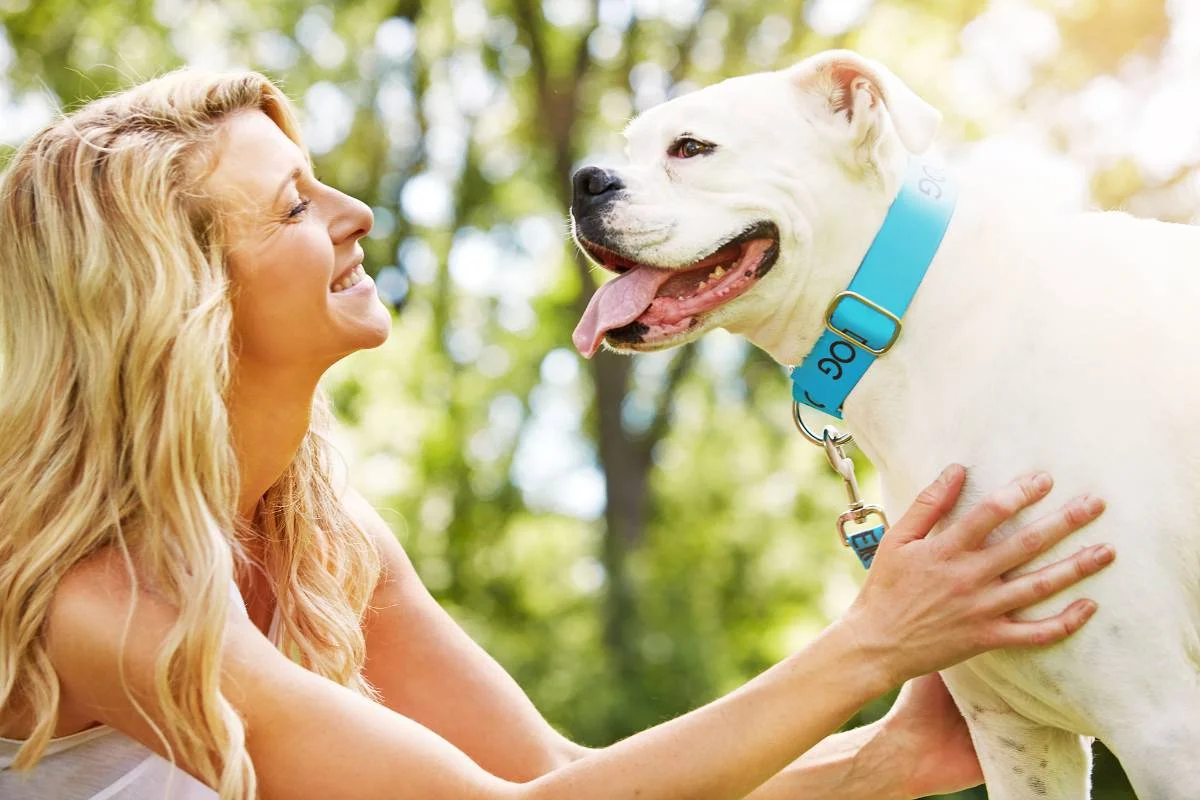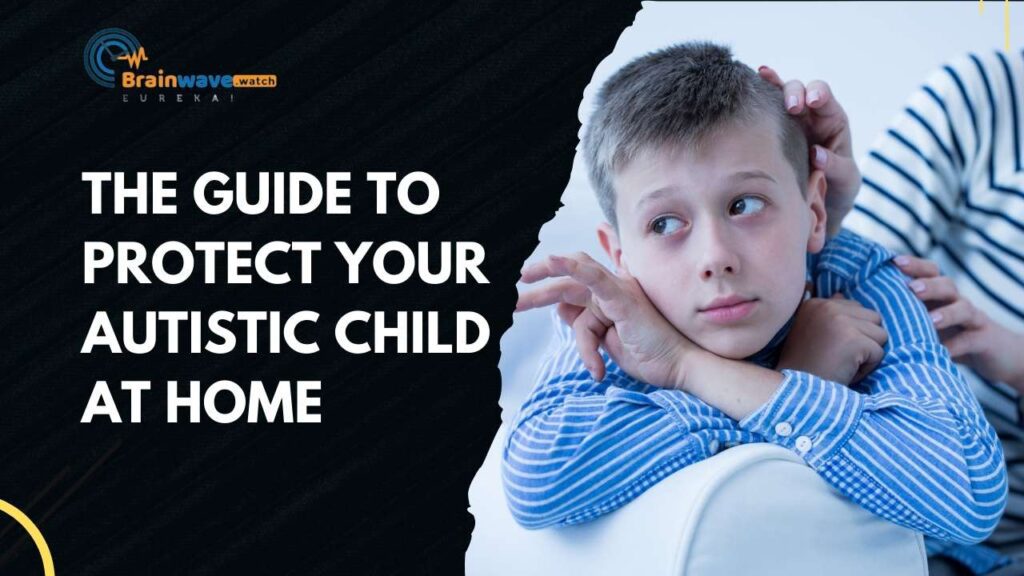Canine autism is a complex and controversial topic. While it is clear that dogs cannot be diagnosed with autism in the same way humans can, there is a growing body of evidence suggesting that dogs may exhibit behaviors that resemble some aspects of autism.
Defining Canine Autism
Canine autism is a neurodevelopmental disorder that affects dogs’ ability to communicate, socialize, and interact with their environment. The condition is characterized by a range of behavioral symptoms, including repetitive actions, social withdrawal, hypersensitivity to touch and sound, and difficulty adapting to new environments and situations.
While the exact cause of canine autism is unknown, some researchers believe that genetics may play a role in the development of the condition. Other factors, such as environmental toxins, infections, and stress, may also contribute to the development of autism-like behaviors in dogs.
Symptoms and Diagnosis
The symptoms of canine autism can vary widely from dog to dog, and not all dogs with autism will exhibit the same behaviors. Some common signs of canine autism include:
- Repetitive actions, such as spinning, tail chasing, or paw-licking
- Social withdrawal and avoidance of eye contact
- Hypersensitivity to touch, sound, and other sensory stimuli
- Difficulty adapting to new environments and situations
- Aggression or fearfulness towards people or other dogs
Diagnosing canine autism can be challenging, as there are no standardized diagnostic criteria for the condition. In most cases, veterinarians will evaluate a dog’s behavior and rule out other possible causes of their symptoms, such as anxiety, fear, or medical conditions.
Comparing Human and Canine Autism (Behavioral Similarities)
Dogs and humans share some behavioral similarities when it comes to autism. Both can exhibit repetitive behaviors, such as paw licking, tail chasing, and spinning in circles. Dogs with autism may also display social withdrawal, lack of interest in play, and difficulty adapting to new environments and situations. Dogs with autism may also have difficulty with communication, such as not responding to their name or commands.
Neurological Comparisons
While there is no direct way to diagnose autism in dogs, some researchers believe that there are neurological similarities between human and canine autism. Studies have shown that dogs with autism have lower levels of serotonin, a neurotransmitter that affects mood, behavior, and social cognition. This may explain why dogs with autism can have trouble with social interactions and communication.
The research on canine autism is still in its early stages, and more studies are needed to fully understand the condition. Additionally, some experts argue that the concept of canine autism is flawed, as dogs may exhibit similar behaviors for other reasons, such as anxiety or fear.
Supporting an Autistic Dog
Training and management are important for supporting an autistic dog. Positive reinforcement training can help the dog learn new behaviors and reduce anxiety levels. Dogs with autism may have difficulty understanding social cues, so training should focus on clear communication and repetition. Consistency in training methods is also important.
Management techniques can help reduce stress and anxiety for the dog. Providing a structured routine can help the dog feel secure and reduce the likelihood of behavioral issues. It is also important to provide a safe space for the dog to retreat to when feeling overwhelmed.
Environmental Adjustments
Environmental adjustments can also help support an autistic dog. Reducing sensory stimuli, such as loud noises or bright lights, can help the dog feel more comfortable. Providing access to calming tools, such as a weighted blanket or a calming scent, can also be helpful.
Creating a safe and secure environment for the dog is important. This may include providing a comfortable bed, plenty of toys, and a designated area for the dog to relax. It is also important to supervise the dog and prevent access to potentially dangerous objects or situations.
Veterinary Insights
Can dogs have autism? This is a question that has been asked by many pet owners and researchers. While conclusive diagnosis is challenging, veterinarians and pet experts have observed a range of behaviors potentially linked to congenital conditions resembling autism. In this section, we will explore the research on canine autism and expert opinions.
Expert Opinions
Veterinarians and behaviorists have observed autism-like behaviors in dogs, but they hesitate to apply the term autism to animals. Dogs with autistic-like behaviors even share physical characteristics found in people with Fragile X Syndrome, a condition linked to autism. However, experts note that autism is a complex condition that is difficult to diagnose in humans, let alone in animals.
Community and Resources
If you suspect that your dog may have autism, it can be helpful to connect with others who have been through similar experiences. There are several online support groups and forums where you can share your concerns, ask questions, and receive support from other dog owners and experts. Some of the popular support groups include Dog Autism Awareness and Autistic Dogs.
You may want to consider joining a local support group or attending a dog-related event in your area. This can be a great way to meet other dog owners, learn about the latest research and treatments, and get advice from experts.








